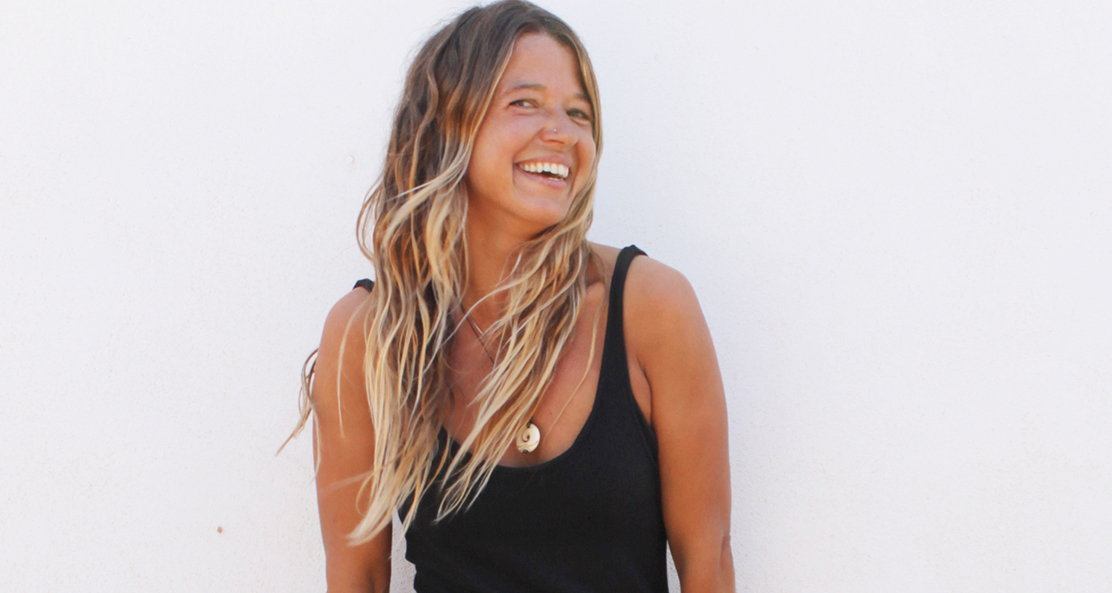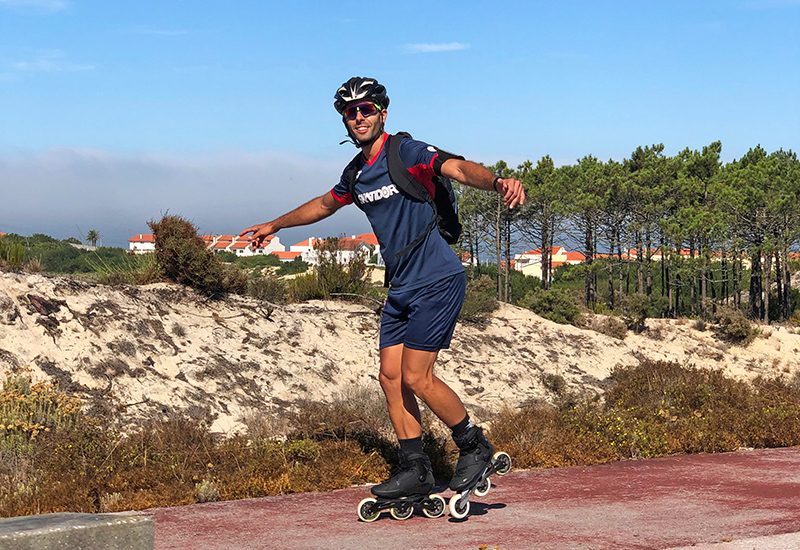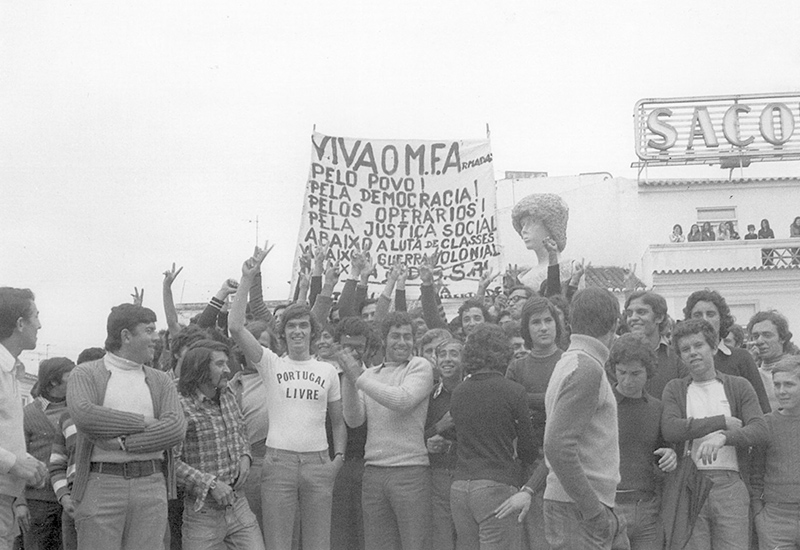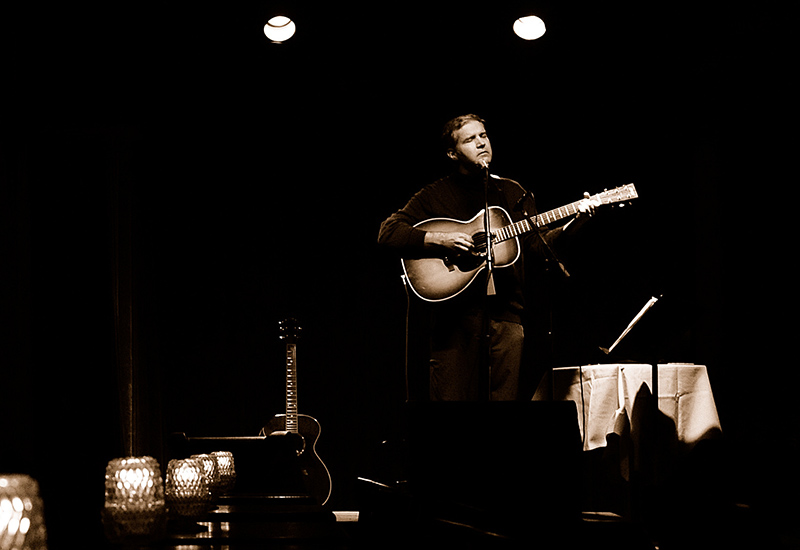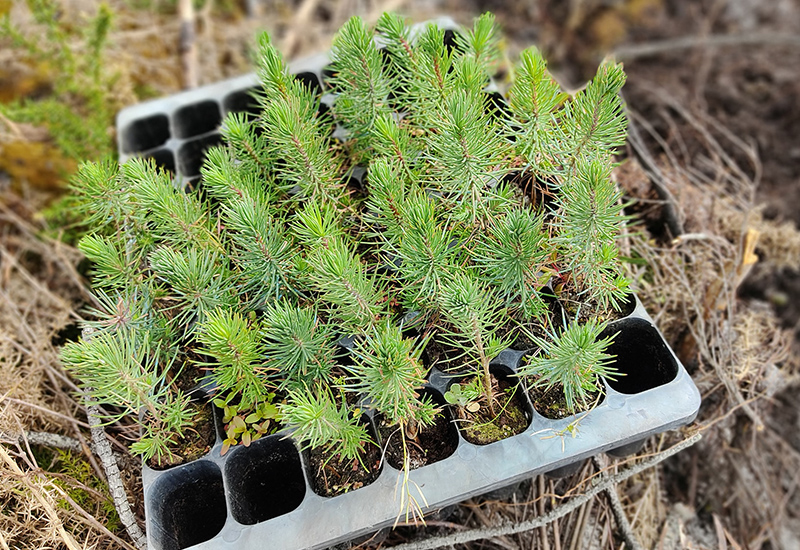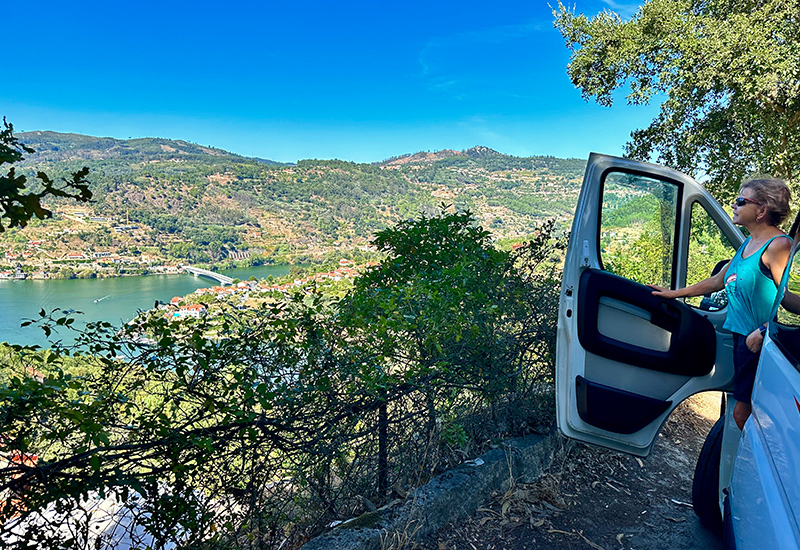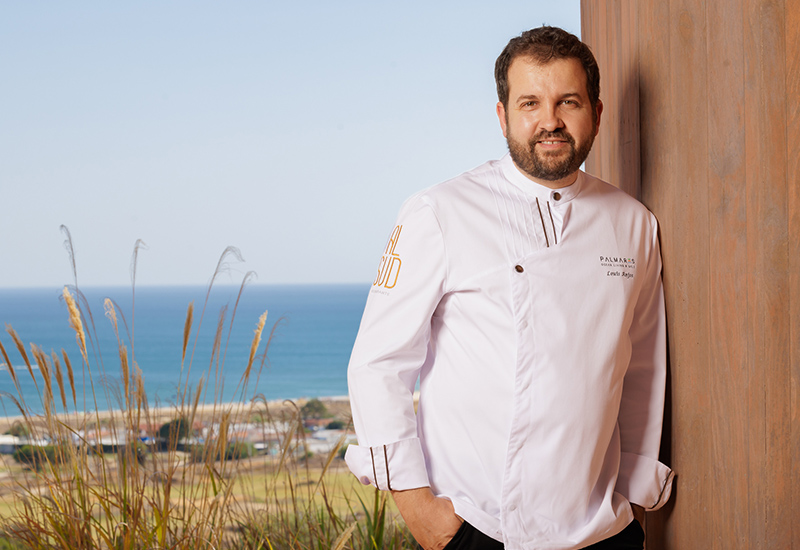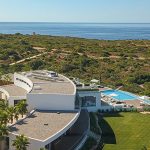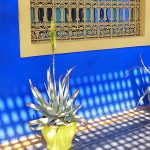The Nalu Project is helping to keep wetsuits out of landfills
In 2016, 31-year-old Eva Diemer decided to spend a few months in Portugal travelling around in her van and enjoying one of her great passions: surfing. Like so many expats who have unintentionally settled in the Algarve, she never went home.
“I fell in love with the spectacular nature, unique energy, great weather and warm people in the Algarve,” she explains. Raised in a small village on the edge of the Black Forest in Southwest Germany, her parents emphasised sustainability, low-waste and local, organic food. At university, Diemer studied sports medicine and social work, eventually working with mentally ill youth before coming to Portugal for a break.
Dismayed by how many surfers contribute to environmental problems – often unknowingly – by buying and discarding neoprene wetsuits that are made of toxic, non-biodegradable material, Diemer wanted to help. Her chance came when she found an enormous pile of wetsuits next to the garbage bins at Amado Beach.
“It’s such a paradox that so many surfers who love the sea and nature so much either don’t know about this problem or don’t care,” Diemer says. “I couldn’t just leave those wetsuits to find their way to a landfill. I knew I had to do something with them.”
Indeed, the statistics surrounding neoprene are grim. Ever since Hugh Bradner invented the modern wetsuit in 1952, surfers around the world have been wearing neoprene to stay warm – especially in frigid waters like the Atlantic Ocean. But, according to a recent estimate in The Guardian, around 380 tons of neoprene waste is created annually by wetsuits. Neoprene is a ‘thermoset’, meaning its molecules are locked in position so they cannot be broken down and easily recycled like plastic.
Although awareness is growing, many surfers don’t realise that wetsuits are so bad for the environment. “They can take up to 100 years to degrade, they cannot be recycled and the manufacturing process used to make neoprene emits toxic gases,” explains Diemer. To compound the problem even further, saltwater exposure and intense UV rays make it almost impossible to keep a wetsuit for longer than two years so most surfers are constantly buying new ones and discarding the old.
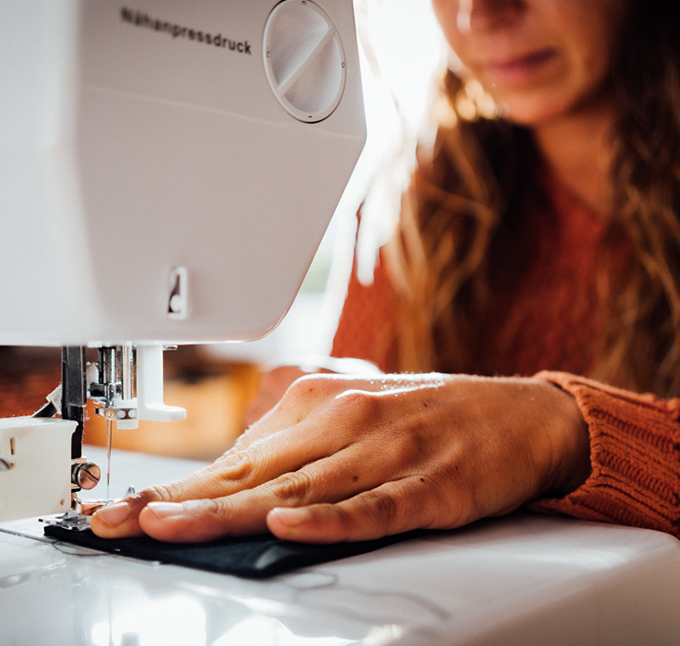
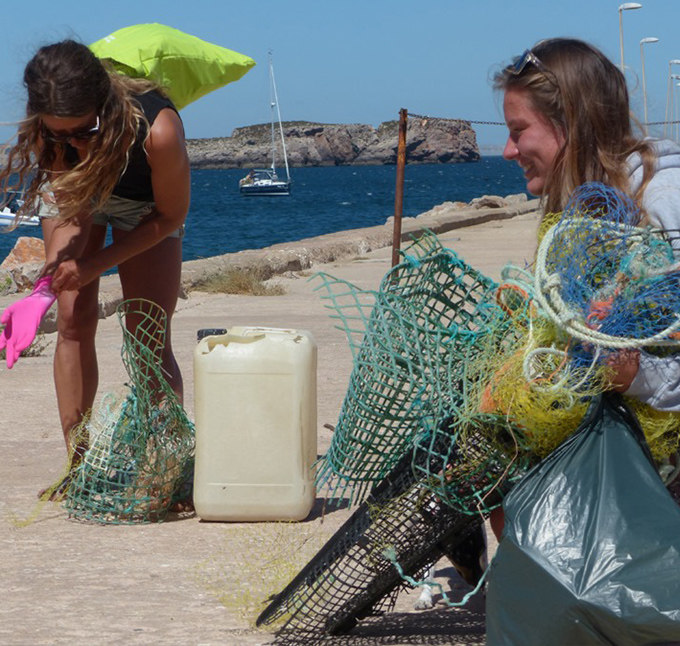
“Most people don’t know what to do with their old wetsuits, and surf camps usually want new ones for their customers so they’re constantly replacing the old ones,” Diemer adds.
Especially in areas like the Algarve, where water sports are prevalent, wetsuits have become an enormous problem.
Determined to help solve the issue, Diemer lugged that pile of old wetsuits back home. She repaired the ones she could by hand and then gave them to local fishermen. She used the ones beyond repair to make laptop bags and phone cases.
The process was difficult and slow. Because neoprene is such a sturdy material, it usually requires industrial sewing machines, but Diemer found a way to repair them by hand using a large needle and dental floss. “There was no one in the Algarve repairing wetsuits so as soon as people heard about me, I started to get more work than I could handle and donations from people who wanted to help with the upcycling project,” Diemer says. “I had been looking for a nice, creative way to help raise awareness and not start blaming anyone or pointing fingers. This seemed like a good way.”
Word of Diemer’s work soon spread to the local surf shops and camps, quickly developing into a larger scope. In 2018, a year-and-a-half after finding the first pile of wetsuits in the garbage, the Nalu company was born.
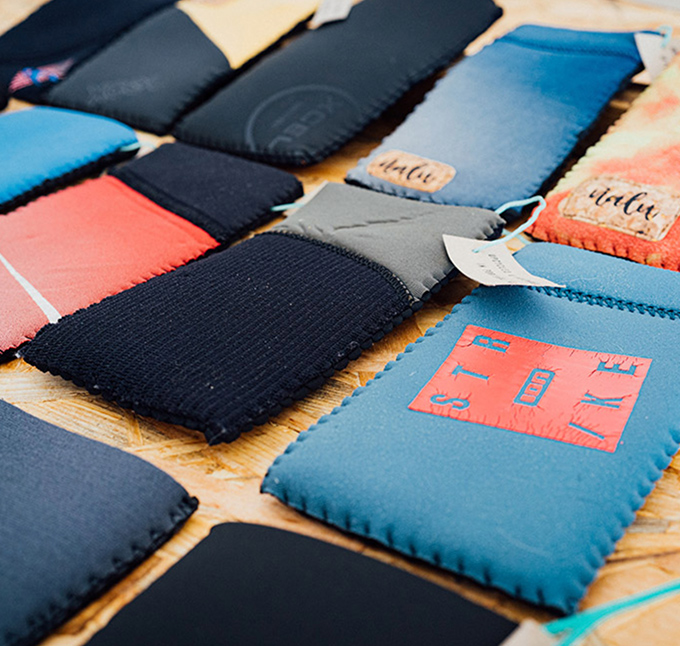
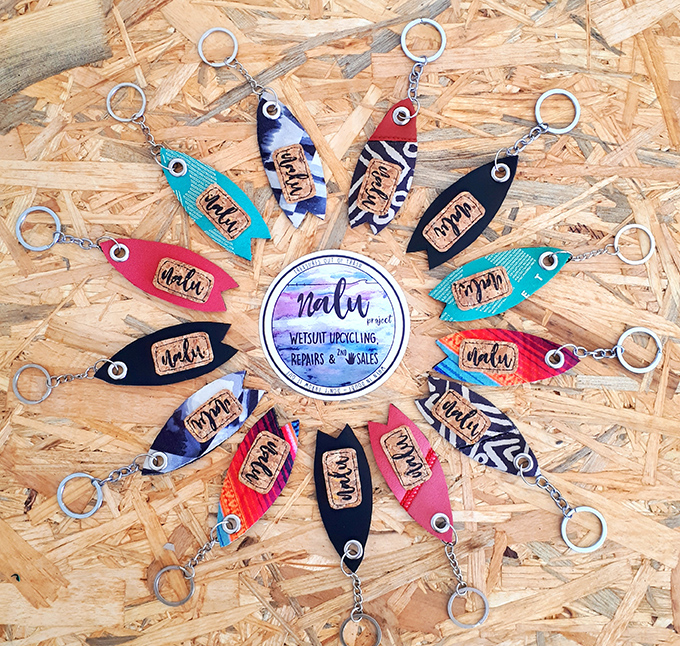
From Hawaiian, the word nalu means both ‘wave’ and ‘to go with the flow of the wave, to be mindful of its movement’. For Diemer, the semantics perfectly embody the concept. It’s not only about creating less waste and reusing whatever we can; it’s about the awareness we need to ensure a better future for our planet.
Every action matters – and every individual can make a difference. Working from a small workshop in Sagres, Diemer hopes to educate others and influence them to follow suit.
“The more people who get involved in any way they can to help the planet, the better,” she says. “So many people here are really doing things to help the environment. It’s inspiring to see what other people are doing, and it’s great to be doing this important work and connecting with so many others here who are also doing their part.”
Five percent of the company profits go towards the ‘SagresBeachClean’ Initiative.
To find out more information or to donate your wetsuit, contact Eva:
Travessa Nossa Senhora Da Graça 8650-346 Sagres
www.nalu-project.com
